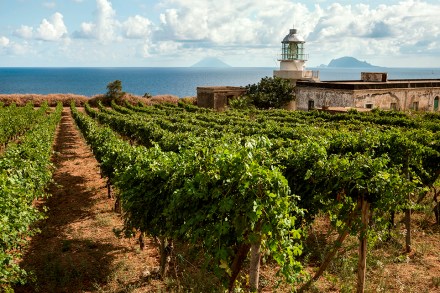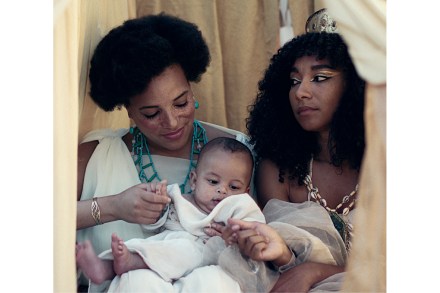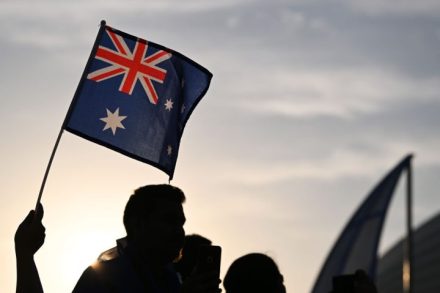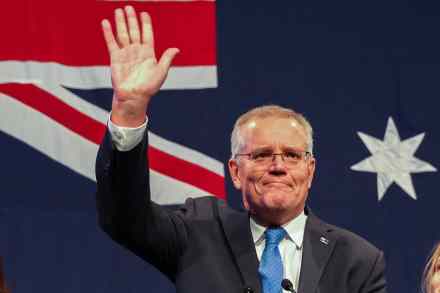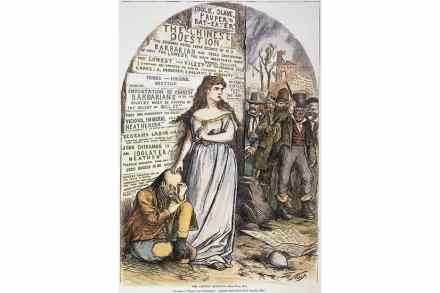Letters: Bully XL owners are deluding themselves
Bed and breakfast Sir: Cindy Yu asks, in her ‘Leaving Hong Kong’ piece (23 September): ‘Where are they?’ I can help with that one. I live near Epsom, Surrey, and there has been a huge influx of people from Hong Kong here over the past 18 months. The area is attractive because housing is affordable in south-east terms compared, price-wise, with where they have come from. There are half a dozen very good schools in Epsom, Sutton and Cheam – and the area has very low crime rates. If anybody wants to seek positives from controlled immigration then it is here. The influx of the Hong Kongers (as Yu described





